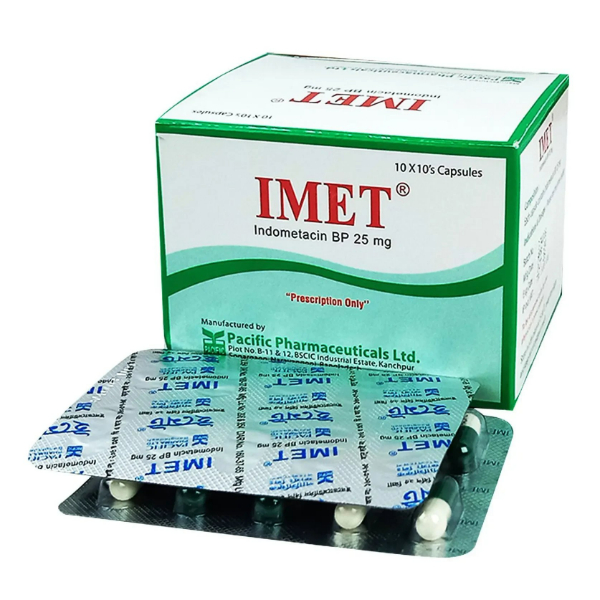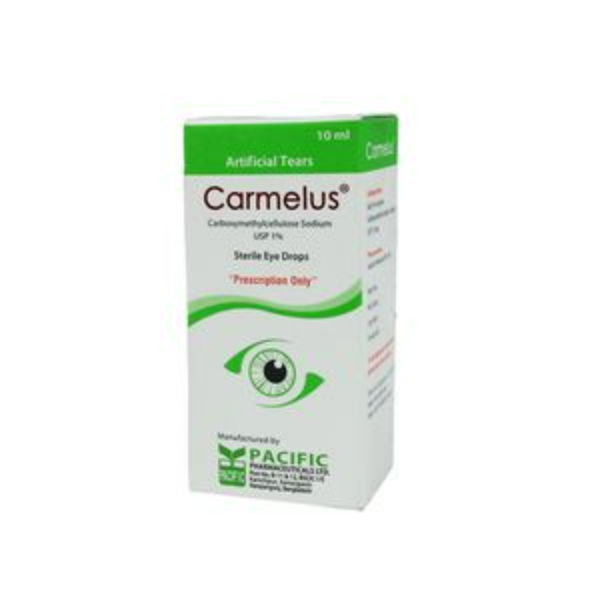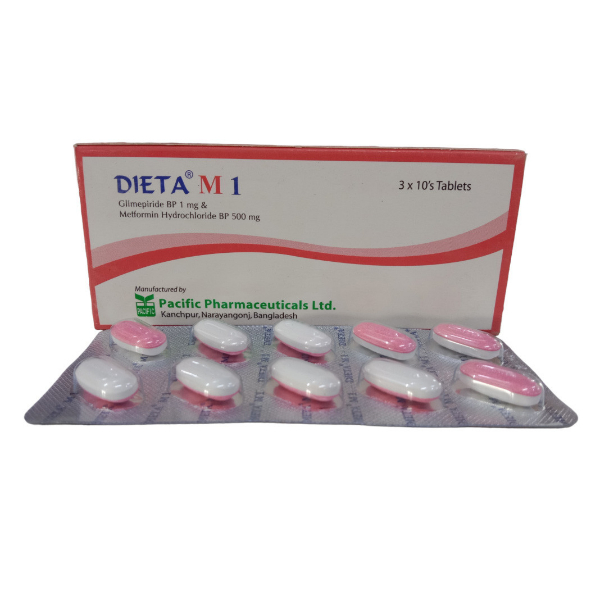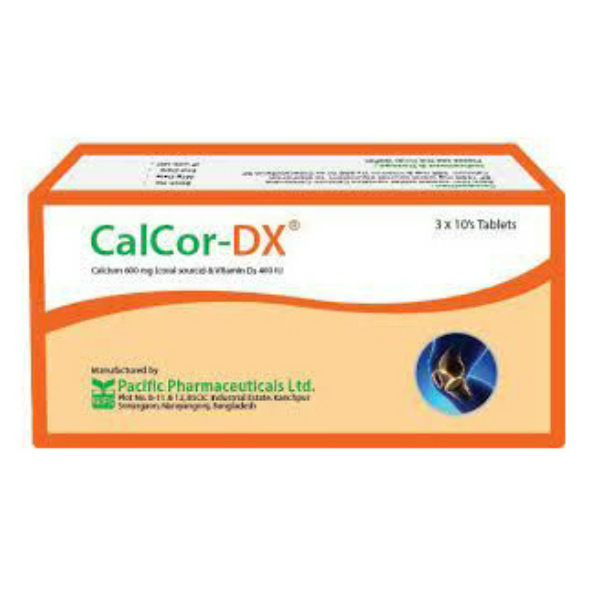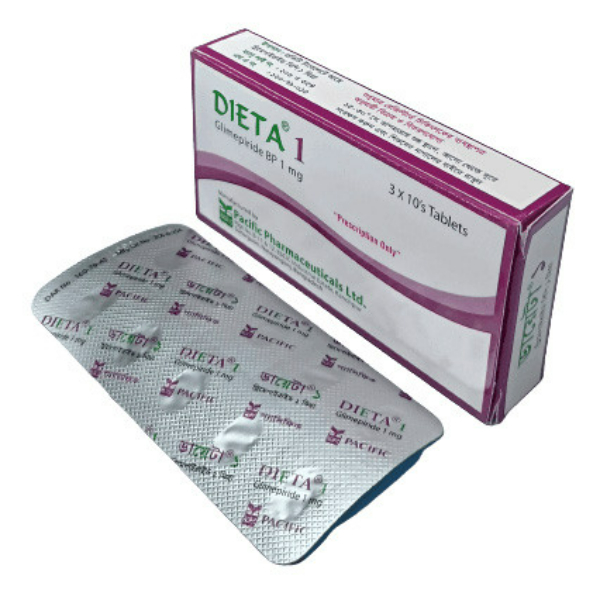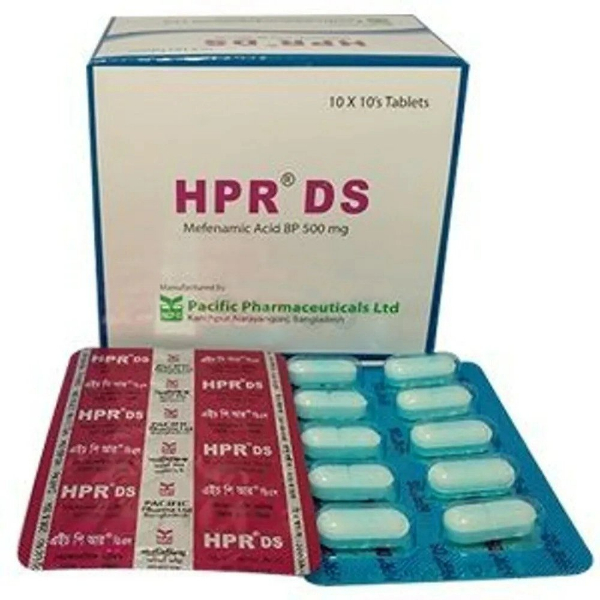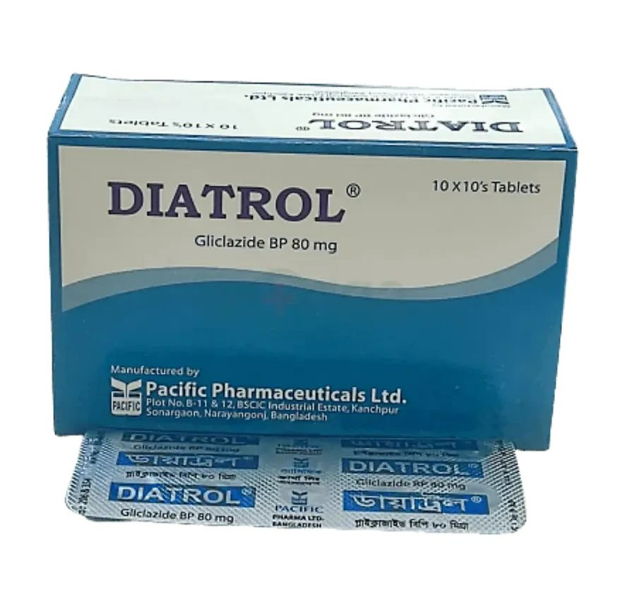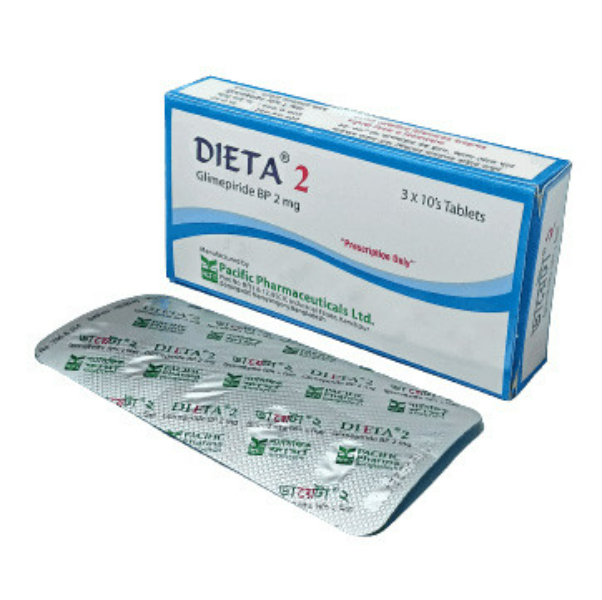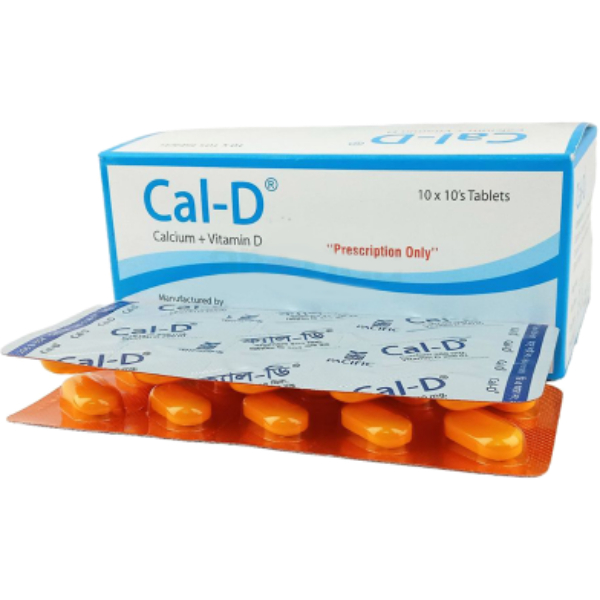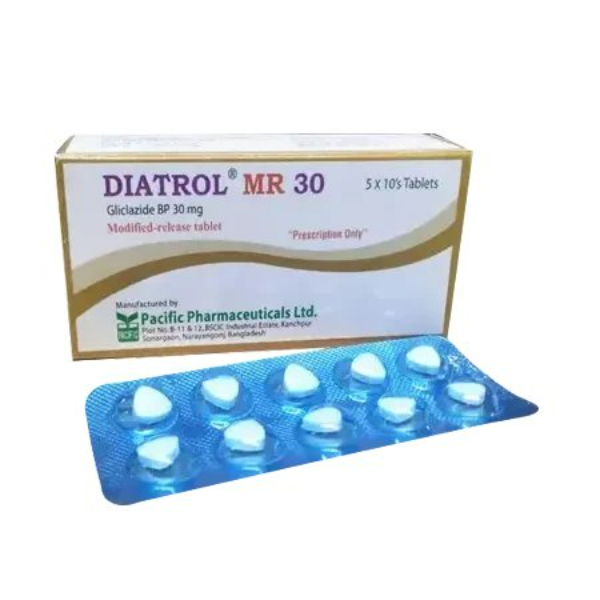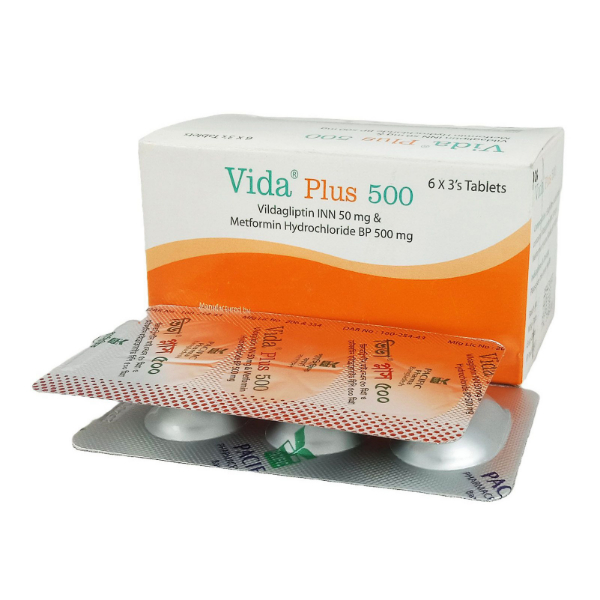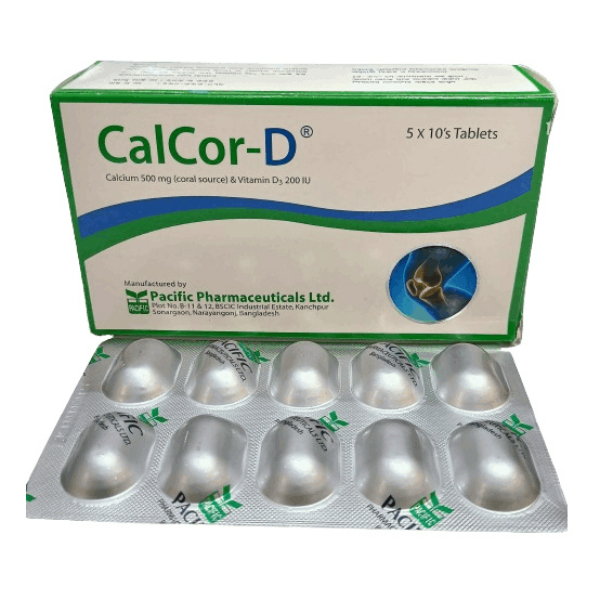Description
রেজিস্টার্ড চিকিৎসকের পরামর্শ মোতাবেক ঔষধ সেবন করুন
Indications:
CAL D is indicated for the treatment and prevention of calcium and vitamin D deficiency. It is used to support bone health, treat osteoporosis, osteomalacia, rickets, and in conditions requiring increased calcium intake such as pregnancy, lactation, and postmenopausal state.
Pharmacology:
Calcium is essential for bone formation, muscle function, nerve transmission, and blood coagulation. Vitamin D3 (Cholecalciferol) helps in the absorption of calcium and phosphorus from the gut and promotes bone mineralization. The combination enhances calcium retention and strengthens bones.
Dosage:
Adults: 1–2 tablets daily or as prescribed by a physician.
Children: As directed by a physician.
Pregnant or lactating women: Usually 1 tablet daily or as per doctor’s advice.
Administration:
Should be taken with meals to improve absorption. Avoid taking with high-fiber foods or iron supplements within the same time frame.
Interaction:
May interact with tetracycline antibiotics, bisphosphonates, levothyroxine, thiazide diuretics, and corticosteroids. Maintain gap of 2 hours between such medications.
Contraindications:
Hypercalcemia, hypervitaminosis D, severe renal impairment, or known hypersensitivity to calcium or vitamin D.
Side Effects:
Generally well tolerated. Rare side effects may include constipation, flatulence, nausea, abdominal pain, or hypercalcemia (if overdosed).
Pregnancy & Lactation:
Safe when taken in recommended doses. Often used during pregnancy and breastfeeding to meet increased calcium needs.
Precautions & Warnings:
Avoid excessive dosage. Monitor serum calcium levels in long-term use, especially in renal impairment or when combined with other calcium sources.
Therapeutic Class:
Calcium Supplements with Vitamin D
Storage Conditions:
Store below 30°C in a dry place away from sunlight. Keep out of reach of children.

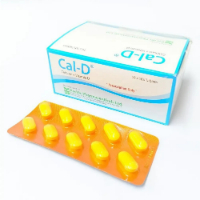









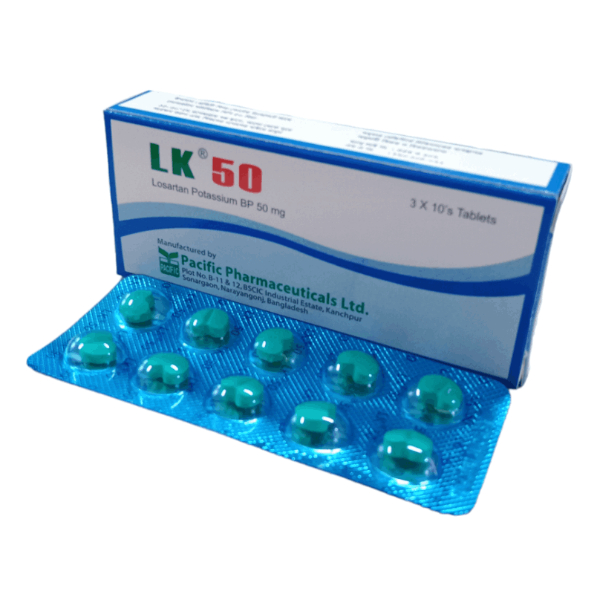


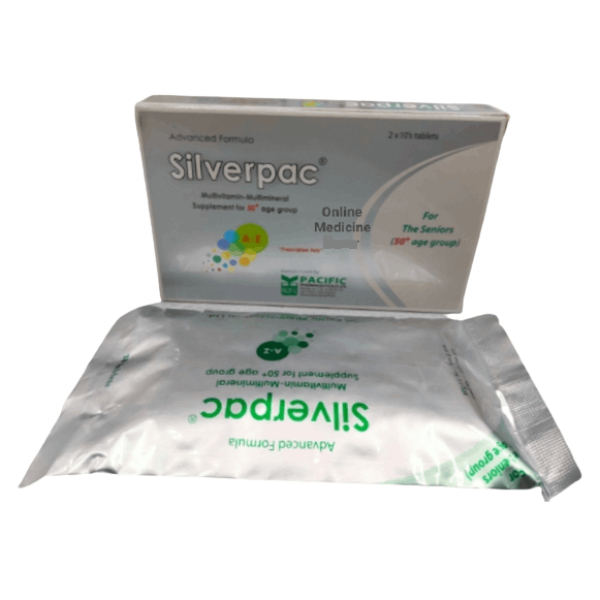
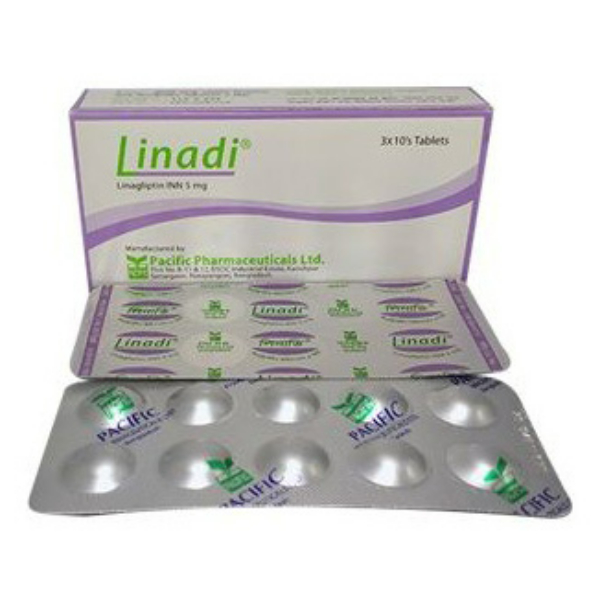






.jpg)

